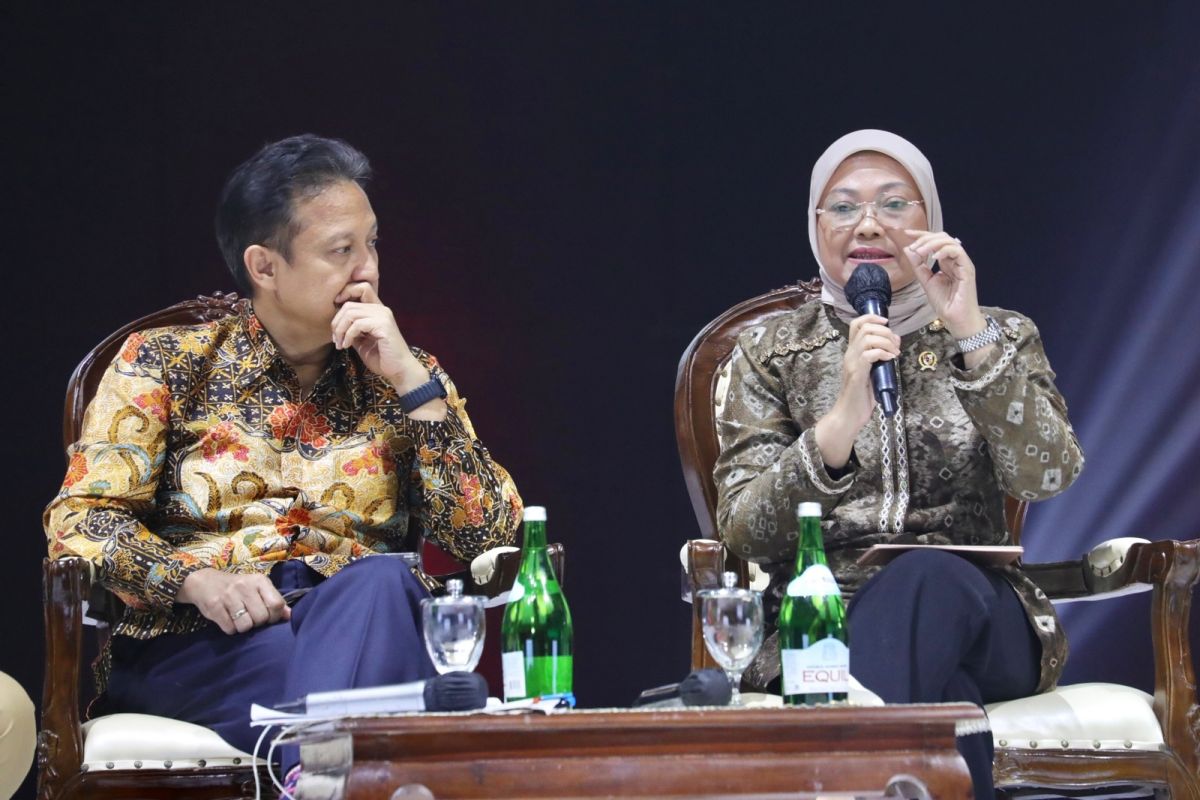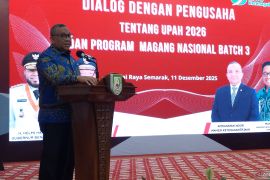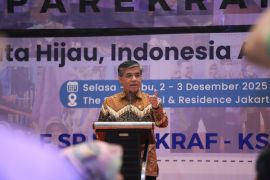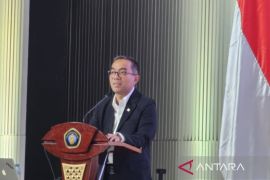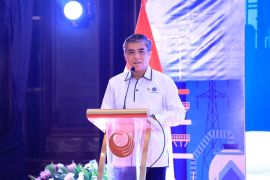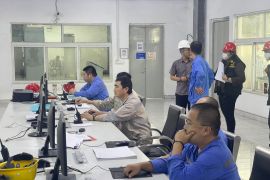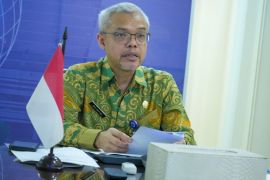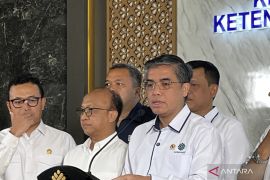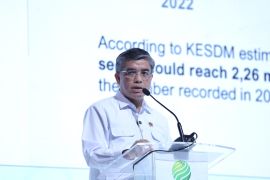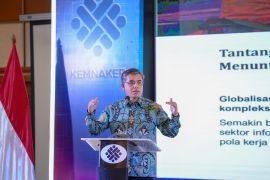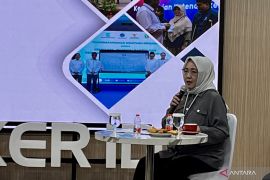"So, because their education level is low, they have no hope of having a job," the minister said at the “National Coordination Meeting of Regional Heads and the Regional Leaders Coordination Forum” at the Sentul International Convention Center, Bogor, West Java, on Tuesday.
As many as 2.8 million, or 33.45 percent of a total of 8.4 million unemployed people, have no hope of finding a job, she elaborated.
Of the 2.8 million, 76.90 percent have low education, that is, they have studied up to the junior high school level or below.
"This indicates their level of education cannot ready them to delve into the job market, both their low education and their competence," she said.
The pressure to create more jobs, particularly in the formal sector, is the next challenge to reducing the unemployment rate, she informed.
Another challenge is the new work culture, she pointed out. "Generations Y and Z who delved in the job market have brought new work culture values. For example, the values of work-life balance, meaningful work, and worktainment," the minister added.
Moreover, there is also a fourth challenge, which is the risk of a mismatch between supply and demand due to digitalization, she said.
"Digitalization is driving changes in demand for job skills, patterns of work relationships, and increasingly flexible working times and places," Fauziyah explained.
The key to addressing unemployment is to create an inclusive job market, she noted.
“The Manpower Ministry has created an Active Labor Market Policy (AMLP) to create an inclusive job market and press down unemployment," she added.
Related news: Minister compels students to become entrepreneurs, reduce unemployment
Related news: Open unemployment down to 5.86% in Aug: BPS
Related news: Synergizing with universities crucial in poverty alleviation: Mayor
Translator: Zubi Mahrofi, Mecca Yumna
Editor: Azis Kurmala
Copyright © ANTARA 2023
